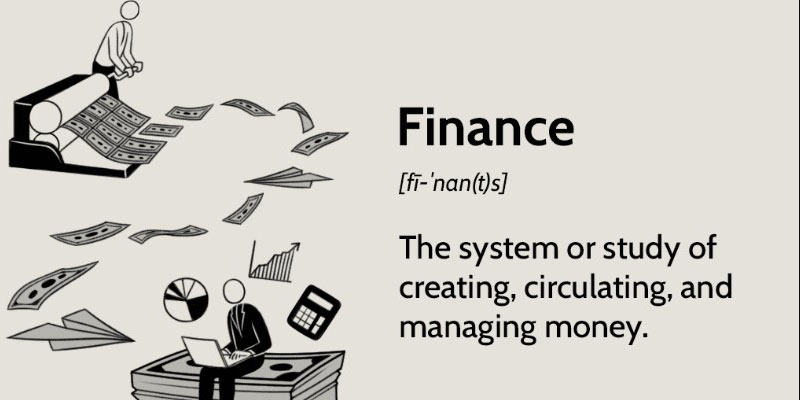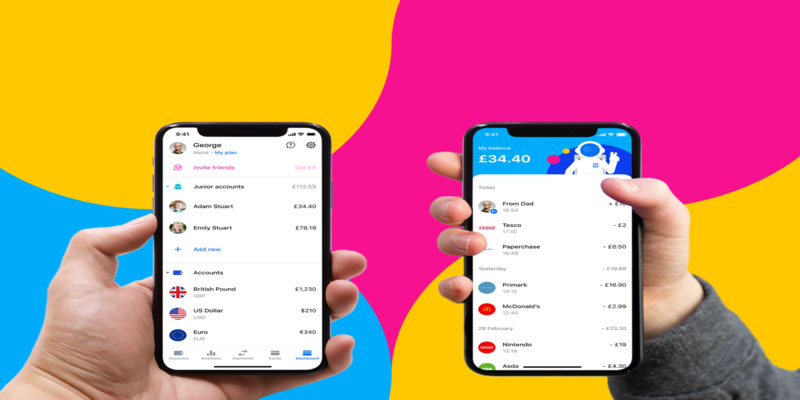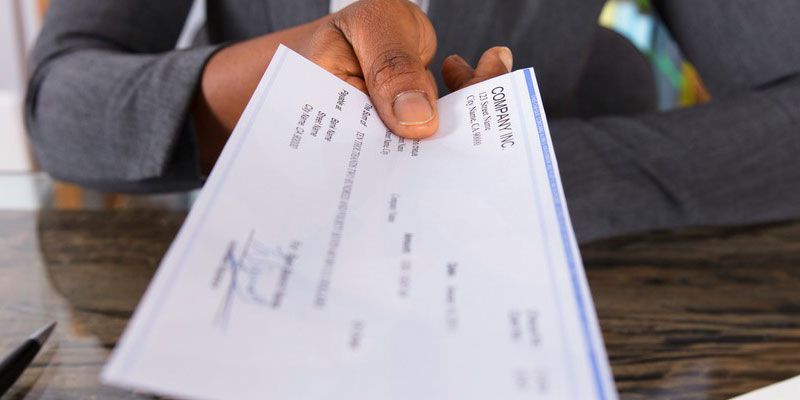As soon as you get your first federal student loan bill, you'll be enrolled in the 10-year Standard Repayment Plan. However, if your financial situation changes or you prefer an alternative repayment option, you can switch to a new repayment plan anytime without incurring fees.
Although most private student loan lenders won't let you switch between repayment plans once you've started making payments, you may have more flexibility in selecting a repayment plan from among many offered by the lender.
Modifying Your Repayment Plan for Student Loans

You may change your student loan repayment plan, but doing so may cause you to pay more interest overall. To make your monthly payment more reasonable, choose a repayment plan with a longer period. However, this may result in you paying more interest overall. Here's what you need to know to make a modification to your current repayment schedule for student loans:
Explore Repayment Plans
Since you'll likely be offered several distinct repayment options, it's best to learn as much as possible about each. You may use the Federal Student Aid Loan Simulator on StudentAid.gov to compare several repayment plans, their associated monthly payments and interest rates and ultimately make an informed decision about which one is best for you.
Call Your Lender
The next step is to get in touch with your loan servicer and inform them of your wish to switch payment arrangements. They can talk you through your options if you still need clarification about which plan to choose. If you have more than one loan with a different servicer, you need to get in touch with the services for the specific loans whose terms you wish to modify.
Verify Payment Dates
In case the implementation of your new repayment plan is delayed, you should verify the dates of your upcoming payments and the amounts due.
Update Auto-Payment Details
If your payment due date has changed and you have autopay set up for your student loans, double-check that the payment is being made on the correct date.
In What Ways May You Modify Your Payback Sum?

When you modify your repayment plan, your monthly payment may also vary. As a result, it may be useful to investigate various repayment alternatives. Here's how your monthly payment can differ depending on the sort of repayment plan you choose:
Income-Based Repayment Plans
An income-driven repayment plan caps your monthly payment at a level that makes financial sense considering your salary and family size. In the case of twins, for instance, you may see a reduction in your monthly costs. Your payment may increase if your income grows, but your family size stays the same.
Progressive Repayment Schedule
Those who have taken out a federal loan are free to convert to this repayment plan, which includes instalments that are initially lower but rise gradually over time. In ten years, all of your debt will be paid in full.
Consolidating Debts
If you have federal or private student loans, you can refinance them with a private lender to lower your monthly payment and/or extend the time you spend making payments. By refinancing, you can get a new loan at a lower interest rate. If the new interest rate is less than the old one, you'll save money by not extending the loan's term.
How Often Am I Able To Adjust My Repayment Terms?
The initial instalment plan you choose may not be the best option. Alterations to your income might occur when you switch careers, raise a family, or relocate to a more expensive region.
The amount you have available for monthly loan payments may change. The flexibility of the repayment schedule for federal student loans is a key benefit.
The most important thing is to consider how changes to this strategy will influence your total interest paid on loans. Reducing your monthly payment may seem like a good idea when you're strapped for cash.
Refinancing of Student Loans
In the appropriate situations, refinancing may help you save a lot of money. Refinancing your student loans with a private lender might get you a reduced interest rate if you've improved your credit score since you first applied for the loans.
You won't be able to acquire a better interest rate by merging numerous federal student loans into a Direct Consolidation Loan through a federal loan servicer; all you'll get is the ease of having a single loan to repay instead of several.
Refinancing student loans is only good if doing so will result in net savings. To avoid losing the benefits of a reduced interest rate due to a longer payback period, it is essential to avoid extending the length of your loan.











